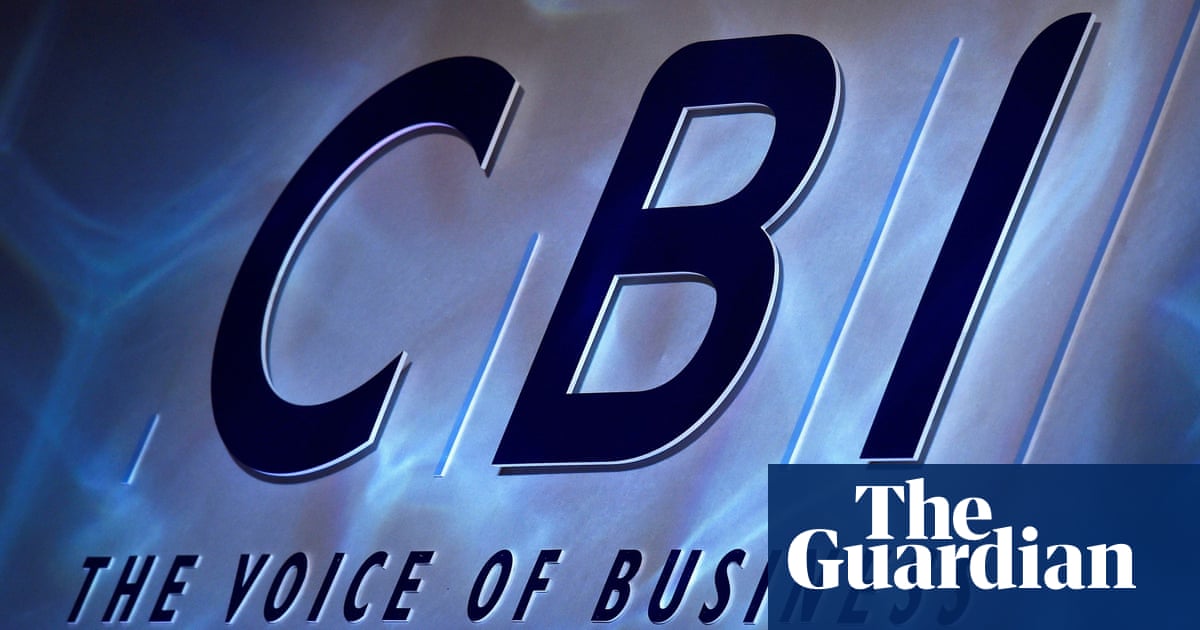
More than 150 global business leaders have signed a declaration calling for the end of the death penalty around the world and criticizing capital punishment for perpetuating inequality.
The declaration, part of the Business Leaders Against the Death Penalty campaign, was first launched in March at the virtual South by Southwest festival by Sir Richard Branson, one of the campaign’s founders. Initial signatories included the billionaire fashion mogul Francois-Henri Pinault, Ben Cohen and Jerry Greenfield of Ben & Jerry’s, Arianna Huffington, and the leaders of Unilever and Bayer.
Ahead of World Day Against the Death Penalty on 10 October, the campaign announced on Thursday that over 100 additional signatories have signed the declaration. Among the new signatories are Paul Graham, co-founder of Y Combinator, and Sally Jewell, former US secretary of the interior and former chief executive of recreational goods company REI.
“As an irreversible and extreme form of punishment, the death penalty is inhumane, and it is irreconcilable with human dignity. Its worldwide abolition is a moral imperative that all of humanity should support,” reads the declaration.
More than 170 UN member states have abolished the death penalty in law or practice. In the US, 23 states have outlawed the death penalty and four have moratoriums on executions. Over a dozen have not used the death penalty in years.
While executions have become rare in the United States, a handful still happen every year. Seventeen people were executed in 2020, including 10 people who were executed on federal charges. This year has seen seven executions to date, including the execution of Ernest Johnson in Missouri on 5 October despite pleas for clemency, including from Pope Francis.
Celia Ouellette, the chief executive of the Responsible Business Initiative for Justice, a nonprofit who helped coordinate the campaign, said she hopes the new batch of signatories will give momentum to campaigns to end the death penalty in the US.
“The controversiality of the death penalty has been massively reduced,” Ouellette said. “The death penalty used to be this very politically touchy subject that people would run away from as fast as they could.”
Activists against the death penalty have been focusing on pressuring Joe Biden to follow up on his campaign promise of passing legislation that would end the death penalty at the federal level. While Biden’s justice department reinstated the moratorium on all federal executions, which the Trump administration had previously lifted to carry out a wave of controversial executions, the president has so far not taken further action to address the death penalty.
“We’ve yet to see any kind of meaningful and enduring action come out of his administration,” Ouellette said. “Not executing people now doesn’t mean that the next president will not execute people.”
While there has been little legislation on the federal level, state governments have been for years slowly outlawing the death penalty, particularly as ending capital punishment has become an increasingly bipartisan issue. Most recently, Virginia became the first southern state to ban the death penalty in February. Similar legislation is currently going through the state legislatures in Utah and Ohio.
“I have a lot of hope in our state that we’re going to end the death penalty,” said John Rush, a business owner based in Columbus, Ohio, and one of the new signatories to the campaign. “It’s extremely important that the momentum be kept up by the business community … to kind of keep pushing the momentum forward.”











